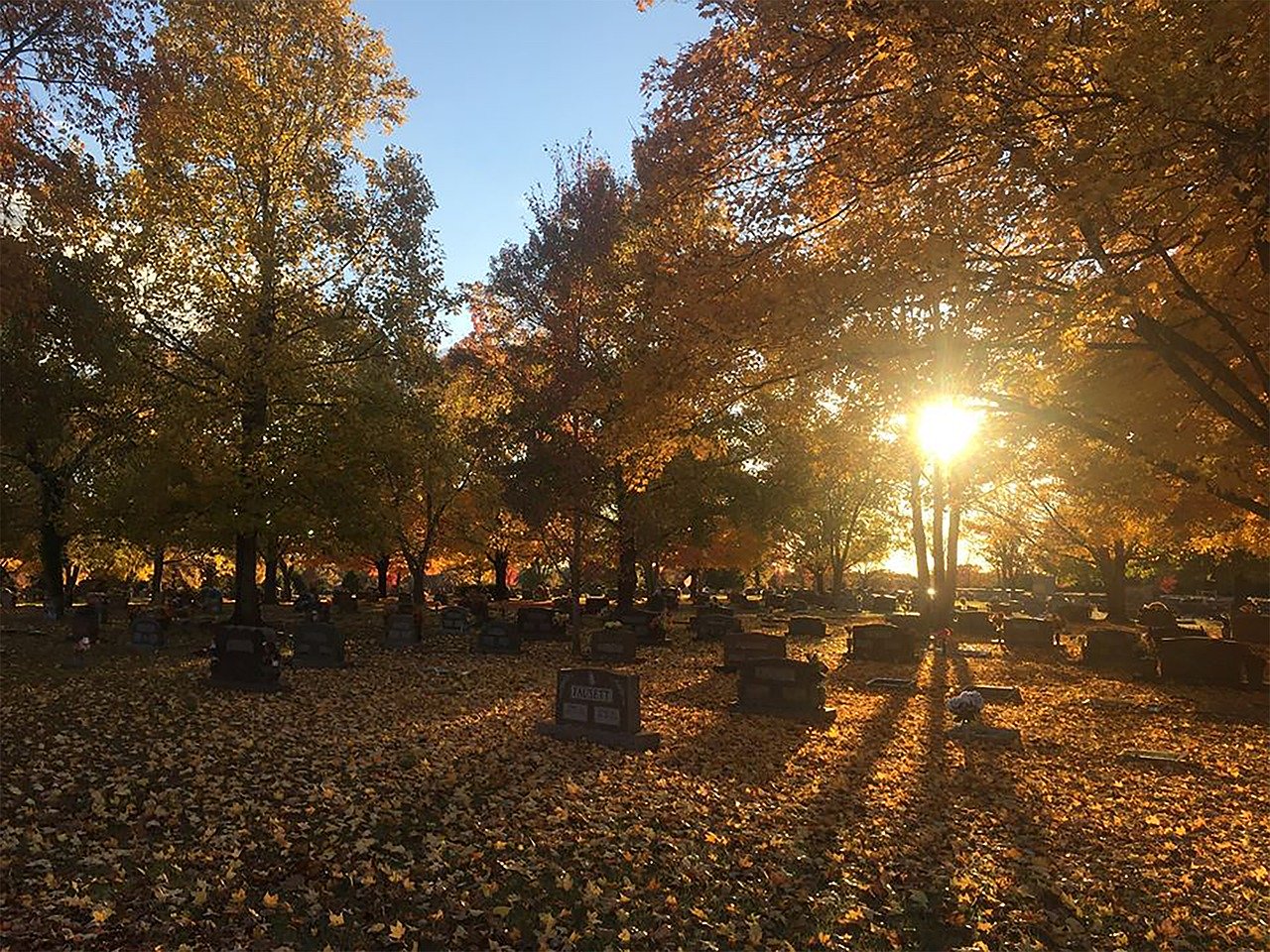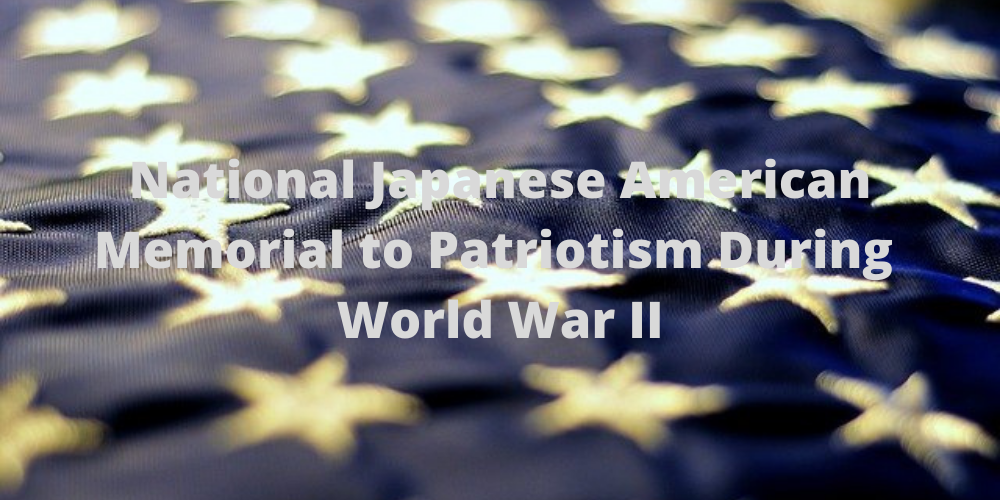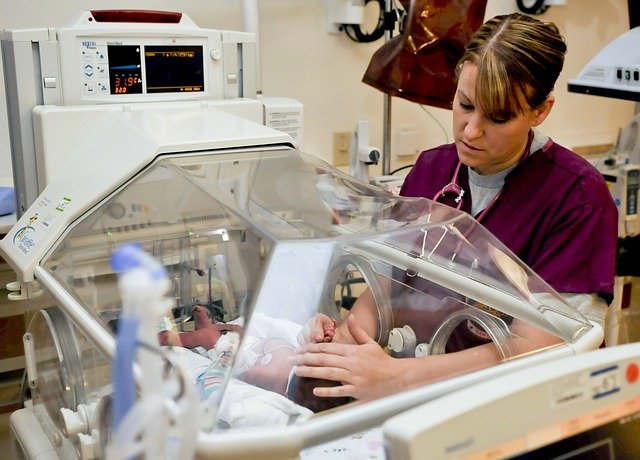A Reflection with Ric – The Pandemic of 1918 – 1920 – A Family Member Looks Back
When visiting my grandparents many years ago, I discovered some very old Olson family pictures. One picture in particular caught my eye. In the photo I saw a casket sitting in the middle of a room. The room appeared to be in a home.
“Grandpa. Who is in the casket?.” I asked.
“This is my younger brother Silas,” Axel answered.
“How did he die?”
“He died from the flu epidemic.”
During this unique Covid-19 time in American history, my mind has flashed back to that photo. I reflected upon what it must have like for Grandpa Olson’s family to lose my Great Uncle Silas at age 17. My curiosity caused me to do a high level review of this deadly historic pandemic.
Records show that early on, President Woodrow Wilson did not want anyone to know about the pandemic. The United States and other nations fighting in World War I also censored the information.
Spain – a neutral country in World War I – then began to experience the flu. Spanish newspapers started reporting about it, and the word slowly began to spread. The 1918 pandemic, as a result, became known as the Spanish Flu, though it did not originate in Spain.
American troops had died in large numbers from the flu while on transport ships headed to France. German troops died from the disease in such large numbers that many came to believe the Germans had no choice but to agree to an armistice due to the loss of manpower.
During the first day of meetings at Versailles, as leaders met to negotiate the terms of the armistice, President Wilson became ill and had to leave for a while. He had been strongly opposed to harsh reparations being imposed on Germany. However, when he rejoined the discussions, he seemed like a different man, allowing Great Britain and France to move forward with the very harsh Treaty of Versailles – a treaty many believe laid the groundwork for World War II.
In retrospect, many came to believe that President Wilson had become ill with the flu which, in turn, affected some of his ability to think clearly and effectively engage in these very important deliberations.
When the three waves of the Spanish flu finally ending in early 1920, approximately 675,000 Americans died from the flu including Silas T. Olson. Though I searched for it, I could not find any sustained national communications about the flu nor a federal government initiative to deal with it.
No one knows the actual total worldwide effect of the “Spanish” flu, but best estimates are that the number of deaths ranged between 50 and 100 million individuals. There were approximately 116,000 U.S. soldiers killed in World war I – a terrible tragedy, but far fewer than the 675,000 deaths from influenza.
Great Uncle Silas was born in 1903 while Teddy Roosevelt was President. His middle initial T stood for Theodore.
Grandma Olson gave birth to my father Howard a little less than 23 months after Silas had died from the flu. Grandma and Grandpa gave my Dad the perfect middle name – Theodore.








